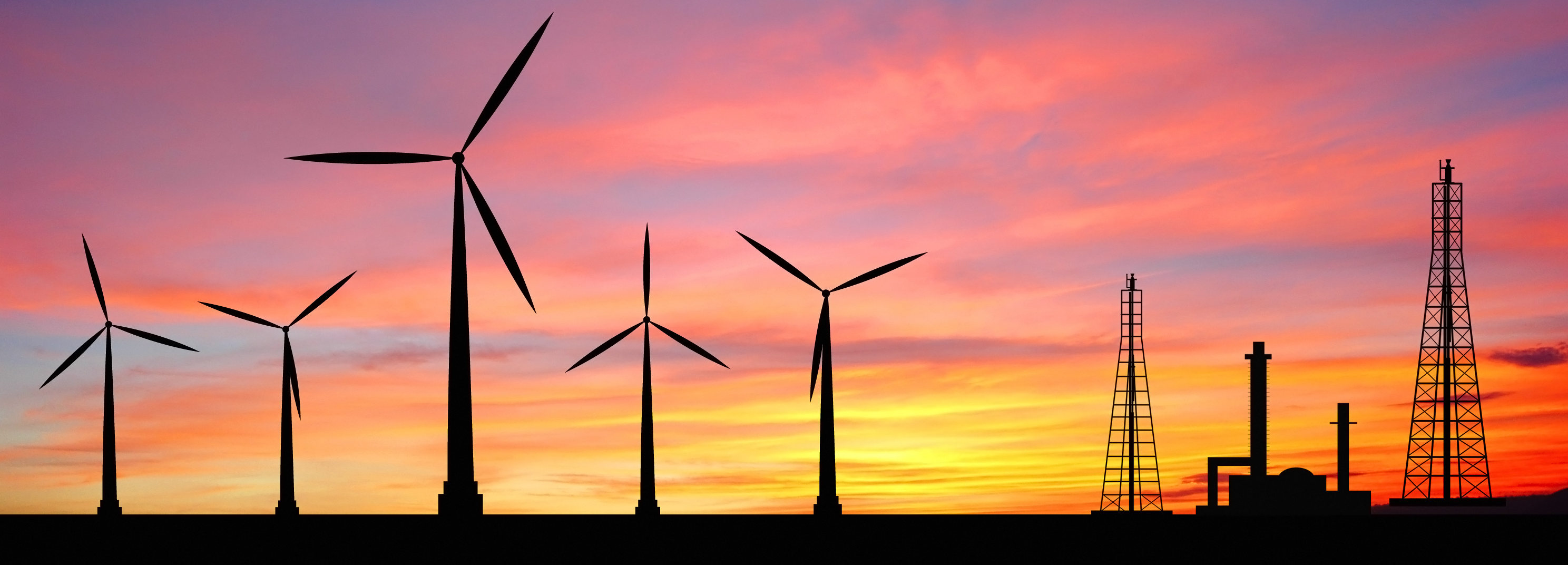In today’s talking points: Clive Palmer extending an olive branch to Citic to Sino Iron Project worth over $10billion; New partnership between Australian and Chinese companies is a first for EV buses; Lithium mines pegged to grow sevenfold as Chinese investment propels WA boom; Chinese energy Storage Company Narada looks to expand worldwide.
Clive Palmer extending an olive branch to Citic to Sino Iron Project worth over $10billion
After recent fears of closure of the Sino Iron Project, there has been a surprise change of heart by Clive Palmer, owner of partner business Mineraology.. The mining businessman and former politician issued a statement on February 21 citing a new perspective that sees him ready to work with Chinese business partner Citic to resolve any obstacles facing the project. This ‘olive branch’ is not only beneficial to the Sino Iron Project but also to relations between Australia and China, as the success of this project will potentially forge the path for future opportunities. It is unknown whether the legal battle between Citic and Mineraology will continue, as it is no doubt an ongoing financial drain on both partners’ resources.
Read more at The Australian
New partnership between Australian and Chinese companies is a first for EV buses
BYD, a Chinese EV (energy vehicle) and battery production company, has recently partnered with Australian bus manufacturer and logistics company Carbridge to build a new fleet of 40 electric buses to be used in Australia. The partnership will see ‘Electric Blu Toro’ buses enter the Australian electric vehicle market, an entrance that makes the BYD sales division very excited. General manager Liu Xueliang has expressed excitement at being “the first Chinese company to crack Australia’s electric bus market”, and this partnership is hopefully the first of many. Carbridge currently also distributes the BYD E6 electric car for hire-car and taxi-fleet services. While Carbridge notes that the Australian market is still quite protective of auto brands closer to home, it is expected that the growth for demand on the global market for EVs will see more partnerships such as this one in Australia and China’s future.
Read more at Renew Economy
Lithium mines pegged to grow sevenfold as Chinese investment propels WA boom
It is estimated that $500 million of investment means Australia’s economic engine room could be home to as many as seven mines by early 2018, while Western Australia had only one mine producing lithium last year. Lithium is a key source for batteries for iPads and mobile phones. About 15,000 tones are delivered to China where it will be used in the production of new-generation batteries, a technology driving huge demand. China’s Ganfeng Lithium Company holds significant stake in Mt Marion, which is a big goldfield in western Australia. And the second WA lithium mine will start shipping to China soon. Those two mines are considered as one of the highest-grade lithium mine in the world, which boost the birth of the third WA mine. With the firms manoeuvring for control, North-west is looking to enter this market.
Read more at ABC
Chinese energy Storage Company Narada looks to expand worldwide
Zhejiang Narada Power Source Co- a Chinese energy storage company – hopes to make its presence known on the international stage. Hangzhou based Narada’s main business is in development, manufacturing, sales and services of communication back up and renewable energy storage batteries. In January it was announced that they were launching China’s first commercial energy storage project a 1.5-megawatt, 12-megawatt-hour battery project for GCL Silicon, a solar-cell polysilicon maker. For Narada, China is their largest market with 300 megawatt-hours of capacity installed. In 2017, they aim to target 1.5 gigwatt-hours of storage projects in China, along with frequency regulation projects elsewhere and off grid or micro grid work. Revenues and profit figures for the first three quarters of 2016 was at $716 million and $35.8 million. Business has been expanding to foreign markets with its eyes set on Australia. In November last year, Narada made an investment in Swiss brand Leclanché, a move in which the company’s president Bo Chen remarked that this would ‘enhance their ability to offer integrated energy storage solutions worldwide.’ However the company still has ways to go before it becomes well known to the public eyes.
Read more at Greentech Media

